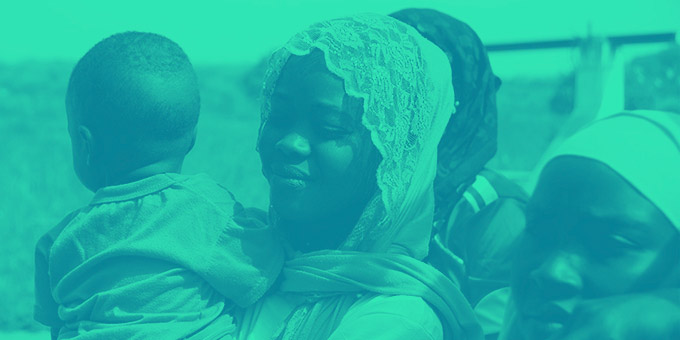Health
Investigations and stories about the pharmaceutical market, access to medicines and public policies on health.
Under cover of darkness: Pharmaceutical and food industry payments to national paediatric associations
National paediatric associations in six of eight European countries do not disclose their financial ties with the private sector.
Medicamentalia

Europe fights the monkeypox outbreak with unequal defences
Only two European Union member states confirm that they had strategic reserves of the most effective and safe vaccine against monkeypox, a smallpox-like virus.
Ten European countries pay egg donors anywhere from 250 to 2,000 euros
In addition to economic or altruistic motivation, anonymity plays a key role in egg or sperm donation, although an increasing number of countries require disclosure of donor identities.
More than half of European countries prohibit access to assisted reproduction for lesbians and almost a third do so for single women
The situation is much more difficult for trans and intersex people. In addition to the legal barriers, they face economic stumbling blocks: most public health systems cover only part of the costs or have very long wait lists or narrow access criteria.
Spain, Czechia, Denmark and Belgium are the meccas of reproductive tourism
Barriers in many European countries push thousands of people abroad to access assisted reproductive technology (ART) techniques. In some cases, they take out huge loans to pay for the treatments.
Antidepressant use in Europe continues to break records
Doctors continue prescribing anti-anxiety medications such as lorazepam or diazepam for long periods despite the risk of addictions. Meanwhile, under-investment in psychological care is making things worse.
Pay up or put it off: how Europe treats depression and anxiety
In many European countries, the availability of psychological treatment in the public healthcare system is inadequate or even non-existent. Barriers such as long waiting lists, co-payments and inadequate resources push people with anxiety or depression -those who can afford it- to the private system.
No appointments for mental health patients during the COVID-19 pandemic
COVID-19 has paralysed mental health care, already weak in several European countries. During the first wave, 75% of psychiatry services were via telemedicine, but it doesn’t work for everybody.
COVID-19 pandemic exposes southern Europe’s nursing shortage
For weeks, Spain and Italy were epicentres of the COVID-19 pandemic. Their health defences had an important gap.
Spanish public hospitals pay 307,200 euros for each personalised childhood leukaemia treatment
The real cost that public administrations pay for CAR-T therapies is negotiated in secret, although the Ministry of Health does publish the maximum price it is willing to pay.
English and Swiss doctors are more transparent than German and Spanish ones
18 doctors received over 50,000 euros each from a single pharmaceutical company in 2017
Together with sums of money they received from other laboratories, they were dished out a total of over 1.6 million. Most of them work in public hospitals.
Cross-examination of a human right
One in ten women around the world doesn't use the contraceptives she needs. We analyse how women exercise this right and how side effects, misogyny, beliefs, and outsiders interfere with it.
The Sin of Birth Control
The three main monotheistic religions, Catholicism, Judaism, and Islam, all limit the right of women to decide about their pregnancies. But within each there are schisms and different interpretations and levels of acceptance.
Medicamentalia

Medicamentalia

Medicamentalia
